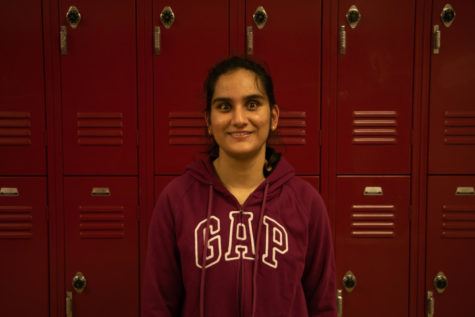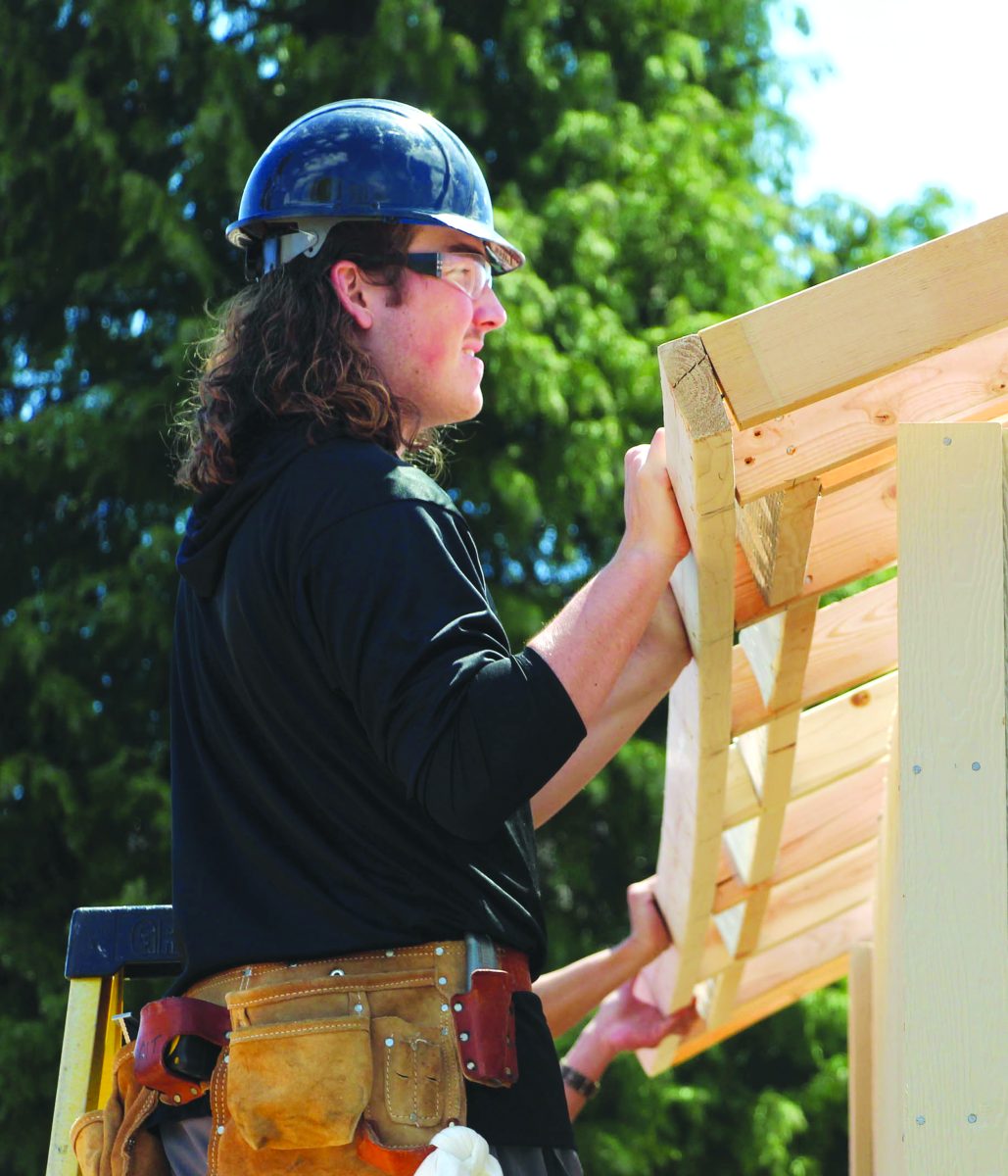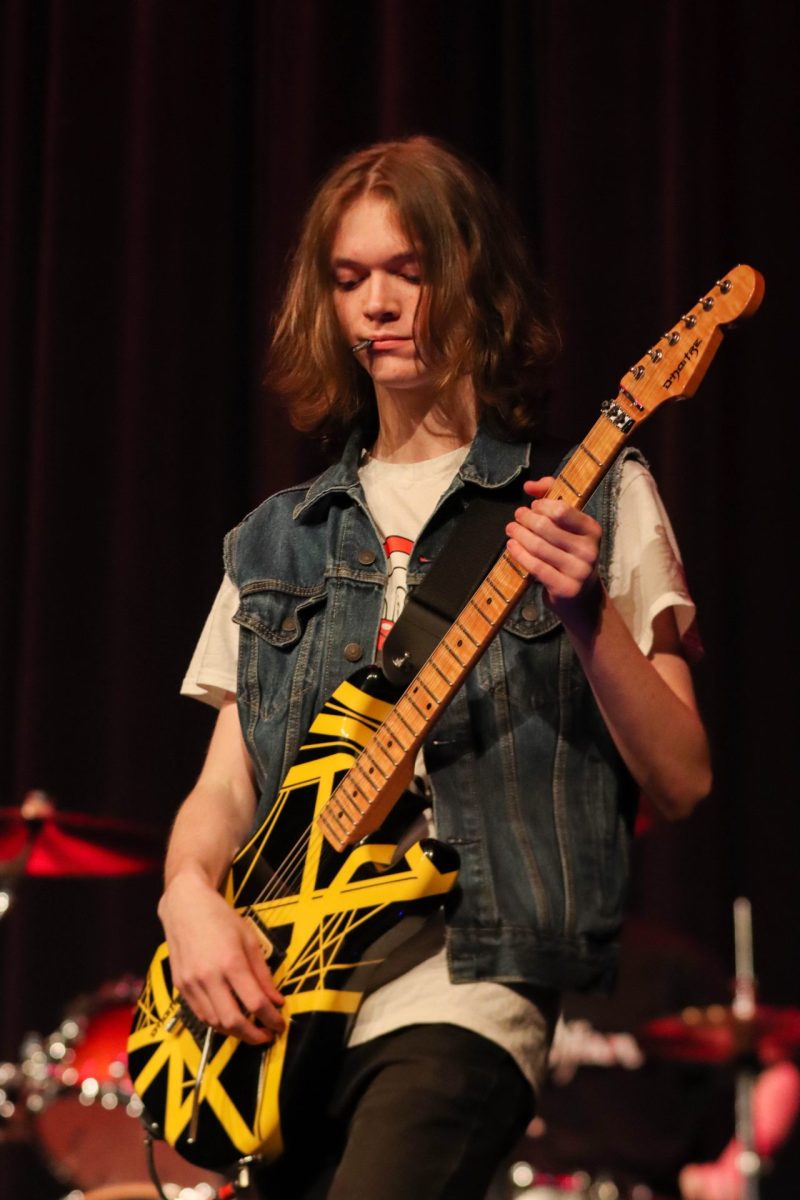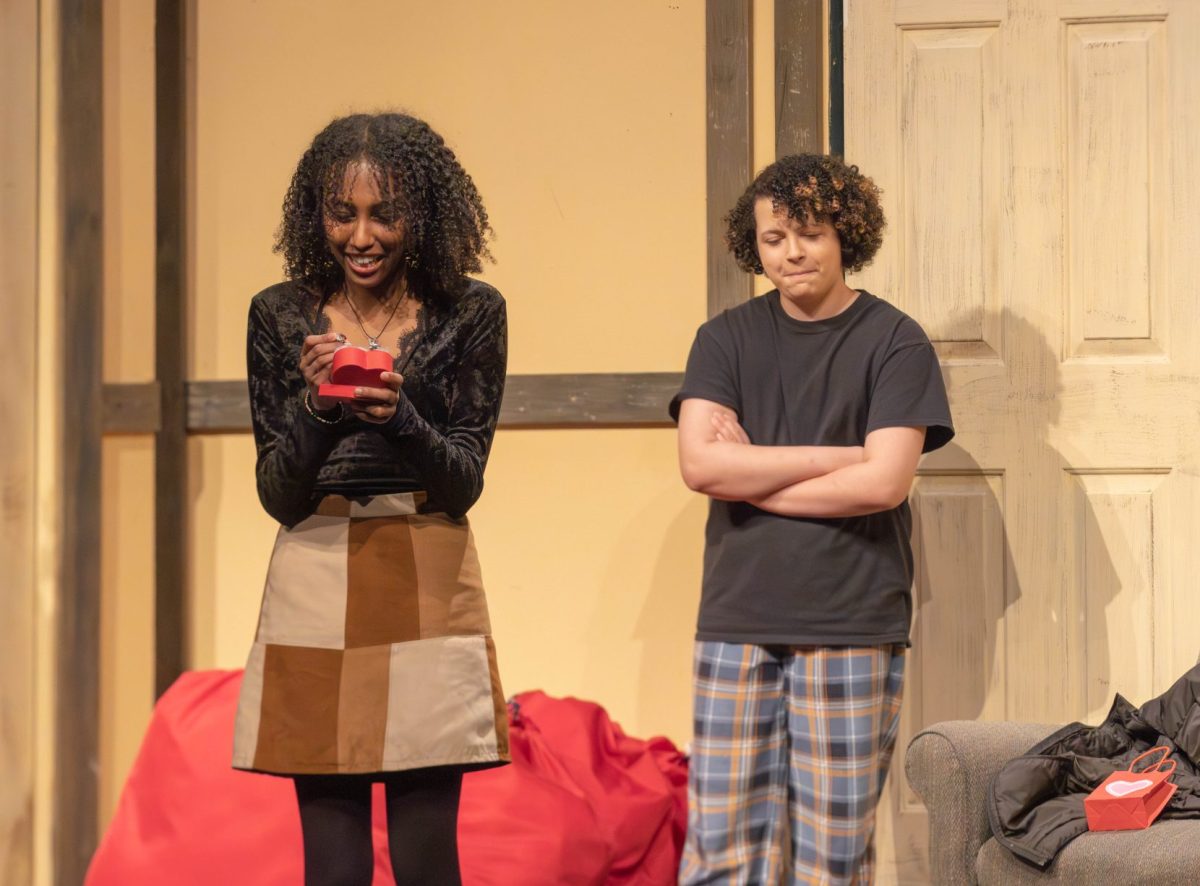Hello there, MTHS. It’s Ritika, and for this issue, we’re talking about self-awareness. But, before we go any further on the topic, I should mention that, just in case I haven’t made it blatantly obvious to everyone within a one-mile radius of me by smacking them with my cane as I walk down the hallway, I am blind. I don’t mean the “I have bad vision that is fixed by glasses” kind of blind. No, I’m talking about the “we don’t have a cure for you so you’re stuck seeing exclusively light and shadow” kind of blind.
Some might be wondering what my vision issues have to do with the MTHS community. Well, first of all, to steal the sentiment from a comedian by the name of Lost Voice Guy, if there is ever a fire drill and you want to get out without any bruised shins from being whacked by my cane, it might be a good idea to not be anywhere near me as you rush out.
More importantly though, living with a visual impairment has taught me a thing or two about what it feels like to not be accepted or included, and how advocating can make all the difference. It’s taught me how the little things we do and say to another person can make a world of difference, and thanks to this paper, I get to share my thoughts and experiences.
As our society experiences constant change and continues to diversify, we all have a lot to learn about being more inclusive in everything we do. There will be situations that will be easier for some to adapt to more than others. Our personal experiences fuel how we handle situations, and sometimes, it can be hard to understand where others are coming from.
For example, I don’t expect anyone who has been sighted all their life to understand all the struggles of being blind. Most people just haven’t experienced what it’s like, and have never had to think about the challenges that come with living without sight. For me, basic navigation from one location to another has always been challenging, and if I ever want to go somewhere, there is always a huge weight of anxiety looming on my shoulders.
“Oh no, there isn’t anyone I can ask for help to get to the next location. What do I do now? Would I be bothering this person if I asked them to help get me somewhere?”
To some degree, most people can understand this struggle, especially if they’ve had to ask for a ride from someone else when they’re unable to drive. However, navigating from one room of the building to another seems to come pretty naturally to most people, making it difficult to grasp my particular situation completely. However, I’ve had people in my life who have shown me that, even if we don’t understand each other’s situations exactly, we can always find the things we have in common, learn about what we don’t understand and be the best ally possible.
Throughout my educational career, I’ve always been told “We’re here for you and we will work with you.” While it’s nice to hear that, the countless number of uncompromising situations I’ve been placed in has made me hesitant to believe those words. However, during my first two years of high school, I had an opportunity to work with two particularly fantastic teachers who changed my perspective.
Despite being expected to work with over 160 students every day, both of them took the time to learn about what I needed to thrive in the classroom environment. Then, without any prompting, they did everything in their power to make sure that I had everything I needed for their respective classes.
The sentiment was never, “What are you going to do to make this class work for you?” Rather, it was, “What are we going to do to make this work?”
They both told me they would be there for me and would work with me, but even better than that, they proved it time and again through their actions, and still do. Did they fully grasp the challenges I was facing? I could be wrong, but I don’t think either of them regularly walk around with their eyes shut and use robotic screen readers every day, so no, they probably couldn’t grasp my situation completely. That didn’t matter though, because they took the time to learn what they could and adapted in every way possible to make sure I was included and a part of their class. My experience with them made me more confident in my other classes. They showed me what true inclusion could look like, and I was able to go into all of my other classes with an idea of what to look for.
Now, even though I’ve had my fair share of unique experiences, struggling with gender identity is something I can’t fully understand, because I’ve never had that experience. Yet, in the past few years, I’ve had two close friends go through struggles concerning their gender, leading to several conversations about how I can be a better ally to them.
In having these conversations, I’ve been reminded that we don’t have to fully understand each other’s struggles. In fact, that’s impossible, because we are all different people with different backgrounds, experiences and identities. However, what we can do is learn as much as we can about each other’s struggles, and do our best to accept and include everyone. I may not fully understand my friend’s gender identity struggles, but I can listen to their experiences, learn about what they’re going through and accept them for who they are, just as so many have done for me.
Only we can make this world more inclusive. Taking the time to be aware of the those around us and our own inclusive actions can make all the difference.
Claiming that we support the LGBTQIA+ community exclusively during pride month isn’t enough. Teaching kids about different kinds of disabilities and discussing how to create a more inclusive community just during disability awareness month isn’t enough. We must advocate for inclusion and acceptance every single day, and take it upon ourselves to be there for the community around us, even when it doesn’t impact us directly.







